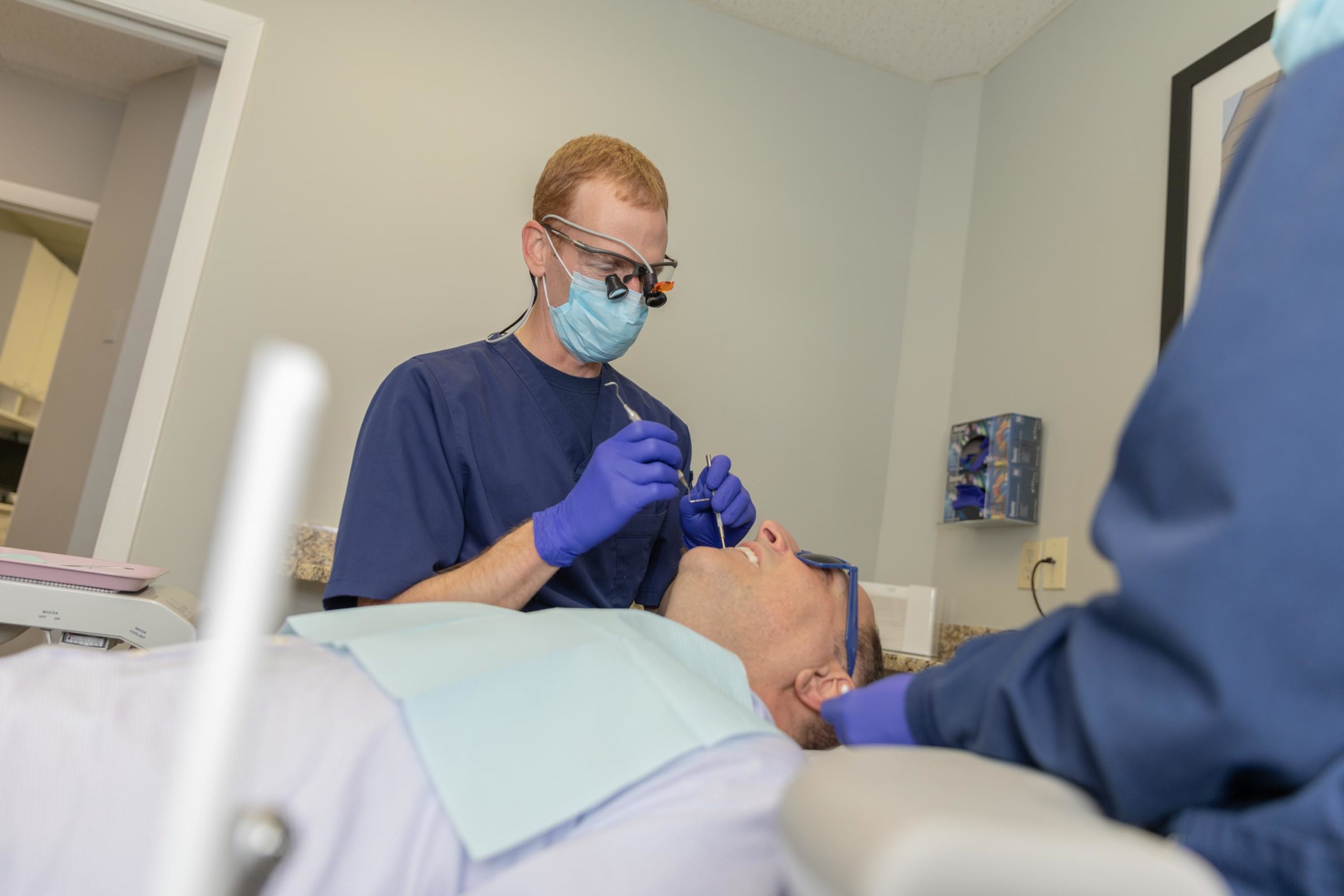Dental implants in Newton, MA are a popular and effective solution for replacing missing teeth, but one of the most common questions people have is, “How long do dental implants last?” Understanding the longevity of dental implants can help you make an informed decision about your dental health. In this blog post, we will explore the lifespan of dental implants, factors that can affect their longevity, and how to ensure they last as long as possible.
The Longevity of Dental Implants: What to Expect
Dental implants are designed to be a long-term solution for missing teeth, with a success rate of over 95%. This high success rate is one of the reasons why dental implants are considered a reliable option for tooth replacement. On average, dental implants can last 25 years or more when properly cared for, and many people enjoy their benefits for a lifetime.
The materials used in dental implants contribute significantly to their durability. Typically made from titanium, dental implants are resistant to decay and integrate well with the jawbone through a process called osseointegration. This fusion with the bone provides a stable foundation for the artificial teeth, making them function much like natural teeth. However, the longevity of dental implants also depends on several other factors, including the patient’s oral hygiene, overall health, and lifestyle choices.
While dental implants are designed to last a lifetime, it’s essential to maintain good oral hygiene practices to ensure their longevity. Regular brushing and flossing, along with routine dental check-ups, can help prevent complications that might shorten the lifespan of your implants. Additionally, avoiding harmful habits such as smoking can significantly impact the success and durability of dental implants.
Factors That Affect the Lifespan of Dental Implants
Several factors can influence how long dental implants last. One of the primary factors is smoking. Smoking can impede the healing process after the implant surgery and increase the risk of infection, leading to implant failure. Smokers are advised to quit smoking before undergoing implant surgery to improve their chances of success and prolong the life of their implants.
Another factor that can affect the longevity of dental implants is diabetes. People with diabetes are at a higher risk of complications during the healing process, which can impact the success of the implants. Proper management of diabetes and close monitoring by your dental specialist can help mitigate these risks and ensure a better outcome for your dental implants.
Previous dental implant failures can also be a concern. If a patient has a history of implant failure, it’s crucial to identify and address the underlying causes before considering new implants. Factors such as bone density, oral hygiene, and overall health need to be evaluated to increase the chances of success for future implants. Working with an experienced dental specialist can help identify these issues and develop a comprehensive treatment plan tailored to your needs.
Despite these risk factors, having them does not necessarily prevent someone from getting dental implants. With proper care and management, even patients with higher risk factors can successfully receive and maintain dental implants. It’s essential to work closely with your dental specialist to develop a personalized plan that addresses your specific needs and minimizes potential risks.
Maximizing the Lifespan of Your Dental Implants in Newton, MA
To ensure your dental implants last as long as possible, it’s crucial to follow best practices for oral hygiene and maintenance. Regular dental check-ups are vital in monitoring the condition of your implants and addressing any issues promptly. Your dentist will check for signs of implant failure, such as inflammation, discomfort, or changes in the fit of your implant-supported teeth.
Maintaining a healthy lifestyle can also contribute to the longevity of your dental implants. Eating a balanced diet rich in vitamins and minerals supports overall health and bone density, which is essential for the stability of dental implants. Avoiding excessive consumption of sugary foods and drinks can prevent gum disease and other oral health issues that could compromise your implants.
In addition to routine care, using the right dental products can help maintain your implants. For instance, using a soft-bristled toothbrush and non-abrasive toothpaste can prevent damage to the implant surface and surrounding gums. Interdental brushes and water flossers are also effective in cleaning hard-to-reach areas around the implants, ensuring thorough oral hygiene.
Are you ready to restore your smile with dental implants at our skilled and trusted dental practice? Please don’t wait to get the smile of your dreams with us. Contact Dr. Orenstein and our exceptional team at our practice to schedule an appointment today!




